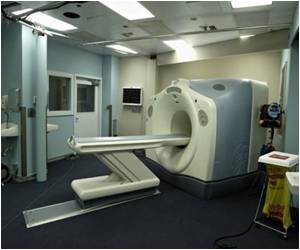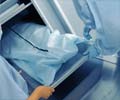Medical scanners could be used to investigate the causes of death, reducing the need for autopsies, reveals study published in The Lancet.

Keen to find whether a non-invasive alternative could be used, researchers tested frequency magnetic resonance imaging (fMRI) and computed tomography (CT) scanners in 182 adult deaths where the corpse was afterwards given an autopsy.
Autopsy was not needed in a third of cases that had been imaged by fMRI and in half of the cases imaged by CT, according to the study.
However, the scanners were not perfect.
They failed to spot, or misattributed, more than two dozen cases of heart disease as well as several dozen cases of embolism, pneumonia and intra-abdominal lesions.
Screening by scanners could identify some of the major causes of death and thus make some autopsies unnecessary, the paper suggests.
Advertisement
"When radiologists are confident that the cause of death on imaging is definite, the discrepancy rate between the radiological and autopsy diagnoses is lower and might be acceptable from a medico-legal point of view," says the study, headed by Ian Roberts, a professor of pathology at the John Radcliffe Hospital in Oxford.
Advertisement
Scanners -- diagnostic tools that get cross-sectional or 3-D images of internal organs -- are very expensive and require specialist training to operate them and interpret their results.
"Autopsy is regarded as the gold standard for diagnosis," said James Underwood of the University of Sheffield in a commentary.
"Post-mortem imaging cannot yet be regarded as a universal substitute for autopsy; it is one of several methods available for determining the cause of death."
Source-AFP









